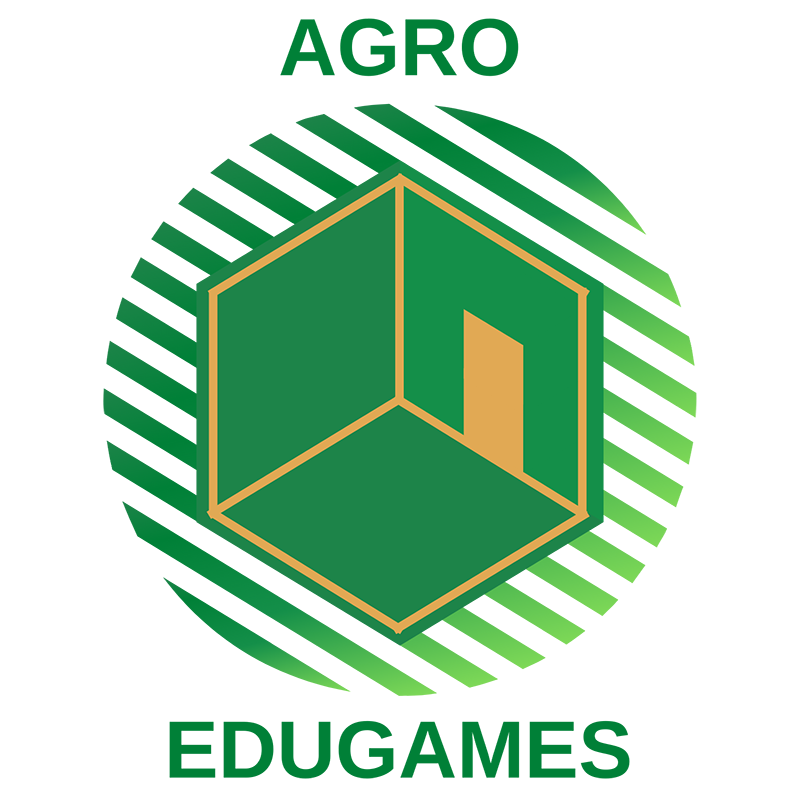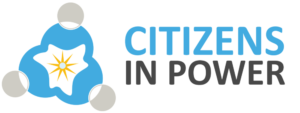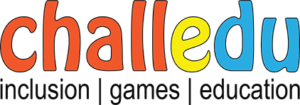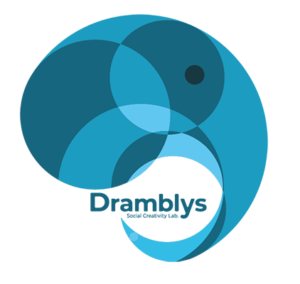Erasmus+ KA2 project
Strategic Partnership for Youth
Main Objective of the Project: Innovation
Duration: 2020-2022
Project Applicant: CIP Citizens In Power
This project has been funded by Erasmus+ and the National Agency of the Applicant Organisation, namely “Youth Board of Cyprus”
Agro_EduGames; An array of contemporary game-based learning methodologies towards the amelioration of Agro-entrepreneurship
To address limited youth participation in the agricultural field, people need to have access to training that is relevant to the needs of the labour market, and furthermore to establish links with agro-businesses, so as to be able to find effective routes into employment. The provision of specialized agro-entrepreneurial training is one of the ways to achieve the above target, thus allowing people to gain direct access to the labour market in an environment that puts their development at its heart. The need to increase youth employability and competences in the context of the agro-entrepreneurial field in Europe is compelling, as currently for each farmer younger than 35 there are 5.6 farmers older than 65 in Europe, out of which only one in 5 young farmers has followed a full agricultural training cycle and over two thirds exercise this occupation out of practical experience (Eurostat, 2017).
Hence, the Agro_EduGames consortium, composed by one research centre-NGO with entrepreneurial and social scope – Citizens in Power (applicant) from Cyprus, one SME with focus on agro-entrepreneurship and rural development – the Polish Farm Advisory and Training Centre from Poland, one NGO working with game-based learning methodologies – Challedu from Greece and one youth organization promoting social innovation and sustainable development – Dramblys from Spain, intents to provide youth organizations and youth workers/educators with up-to-date educational tools on agricultural entrepreneurship using game-based learning (GBL) processes, such as the innovative methodology of Escape Games (i.e. escape rooms, break-out-boxes and escape card games).
Academic research supports that the introduction of GBL approaches in entrepreneurship education has augmented learners’ motivation, has improved the adaptation of learning material for various types of learners (such as people with SLDs) and has facilitated the formulation of entrepreneurship mentality, skills and competencies through the simulation of real business-oriented challenges (Grivokostopoulou et al.,2019). As such, through the creation of this project, the three main expected end results are:
- the modernization of the teaching/training material that youth organizations and youth centers tend to introduce in their daily routines and which are interwoven with the reinforcement of the field of agro-entrepreneurship;
- the creation and empowerment of a new generation of agro-entrepreneurs, fully trained to tackle multiple modern challenges, able to come up with sustainable and structured solutions, thus creating their own agriculture enterprises;
- a full exploitation of all the possibilities provided through the GBL processes, and especially through the Escape Games methodology, with the aim the latter to be converted into effective and efficient educational tools.
In addition to those three main results, the project team expects to obtain two secondary pedagogical results on the completion of the project and after:
- creation of educative ER with a clear inclusive aspect to allow an equal participation for the learners with a specific learning disorder, and especially ‘Dys’ youngsters.
- development of soft skills by making the learners collaborate during the challenge that will be presented to them during the educational Escape Games activities
During the project, the most important practical results of the project will be the design and creation of Open Educational Resources (OERs) in four languages (English, Greek, Spanish, Polish). These OERs include:
– 1 guidebook (in epub format) aiming at explaining the concepts of AE and GBL, the benefits of this teaching methodology and providing examples of its possible applicability in youth education through variations of Escape Games
– 1 learning module (in epub format), including 5 Escape Room/Break-out box scenarios centred on AE, along with all the materials, blueprints, multimedia and the digital material to be used.
– Video trailers to guide the youth workers in the delivery of the ERs/BoBs
– 1 Escape Card Game for 2-6 players, along with its implementation guide, which will teach youth how to overcome various daily AE challenges through an innovative, playful and portable way
– 1 Booklet of good practices presenting the trials, errors and successes throughout the project to help youth trainers grasp better the provision of AE education through GBL processes and the Escape Games methodology;
– 4 videos showcasing the delivery of Local Training Sessions in the consortium countries
In addition, the following organisational results are expected:
– Development of project website
– 4 Local Training Sessions in the partners’ countries on the 5 ER/BoB scenarios, the accompanying material and the escape card game, gathering 100 people in total
– 1Transnational Pilot Session gathering 8 specialists to test the validity of IO2 and IO3
– 5 transnational meetings;
– 4 multiplier events in every project country (1 international and 3 national).
Our Partners

This project has been funded with support from European Commission. This website all its contents reflect views only of author, Commission cannot be held responsible for any use which may be made of information contained therein.
[Project number: 2020-2-CY02-KA205-001870]




